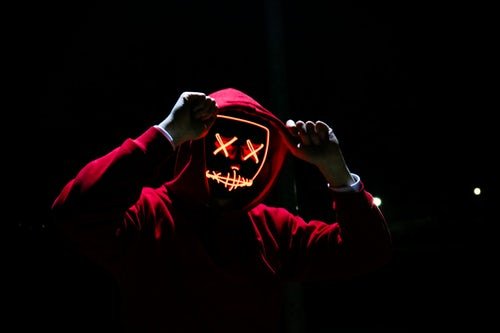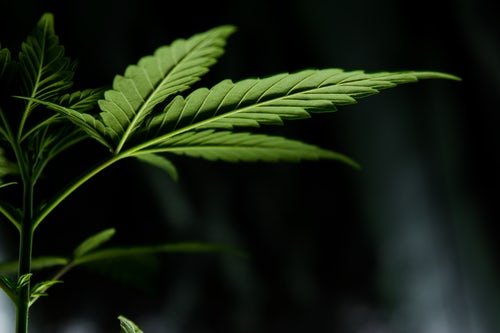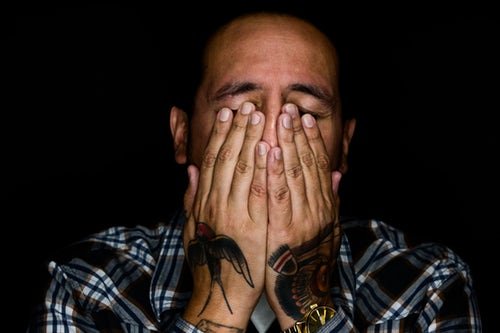On Censorship: "Dangerous" Information, a "Russian Agent," and What Frightens the Systems of Authority

What is said to the population when information and opinions are censored, suppressed, and hidden from our view? What is the implication that is carried by obstructing our access to those things? The censoring authority will provide weak explanations for silencing this voice or that agitator which often appeal to our fears and our prejudices but there is usually another agenda behind its desire to bury some opinion or bit of information. YouTube doesn't say that it suppresses "controversial content" because it wants to promote its own corporate political agenda and fears the loss of lucrative advertisers but we all know that is what motivates their sudden concern with nebulous and subjective concepts like "hate speech," "fake news," and "conspiracies." It does not matter if the target of censorship is actually presenting that sort of content or not. It is labeled as such and most accept it to be true and shun it, lest they be associated with those sorts of absurd or vial things. This goes beyond social media too. During the recent Democratic debate, a candidate, who CNN and Hillary Clinton had previously suggested was a "Russian agent," was conveniently cut-off in the middle of her responses to her more establishment-friendly opponents by sudden commercial breaks. Whistle blowers come out to, rightly, tell us about the awful shit the the government is doing with our tax dollars, and they are said (by the government, of course) to have "compromised our national security" or "aided our enemies" and they sent to prison for their efforts. If an authority moves to censor a person for expressing an opinion or sharing the truth (as he or she sees it, at least) then it likely fears what he or she has to say for reasons that are, more often than not, self-serving and oppressive to both the victim of censorship and those who may have listened to his or her thoughts and ideas.
It is usually only the "dangerous" sorts of information and opinions that are suppressed but to whom do they pose a threat? The corporate, governmental, and social authorities will often tell us that things are censored to protect us but I don't think that this explanation holds up. YouTube started cracking down on weed channels about a year ago because, they said, promoting "drug use" is dangerous but it seems (to any rational observer) like the pot cookie recipes and strain reviews that were removed only really threatened the alcohol and pharmaceutical companies who advertise their products on the site and didn't like the herbal competition. Legitimate political commentators are labeled as bigoted and "alt-right" (even when they are, in fact, particularly liberal and non-prejudiced) and are removed or suppressed for (I believe, anyway) not supporting Google's particular brand of corporate controlled faux-leftism. The establishment wing of the Democratic party does not like being challenged by perceived outsiders because they compete for donations and public support while pointing to their many past misdeeds so they called Tulsi Gabbard a Russian plant (because Russians are the new boogieman in town) to stir up fear and had their propaganda network "soft-censor" her during the debate. The government wants to avoid the public outrage that would surly be aroused if we knew about all the super fucked up, definitely illegal, shit they get up to on the regular and when someone tries to inform us of it, we are told that he or she "put Americans in danger" and must be punished for his or her "crime" of revealing the crimes of the state.

I view this sort of self-serving, suppressive censorship as victimizing both its direct target and the general population. It is obvious that the object of suppression is hurt by it. The things that he or she has to say are not heard by others. Sometimes, he or she is even slandered by the censoring authority and shunned by society as a result. However the damage that suppressing and censoring information and opinions does to the public is far worse. Sometimes, the censored individual had something important to say; something that could change our minds or influence our actions for the better and we are prevented from hearing it because our knowing it frightens the authority, in some way.

Not everything that is censored is good or valuable but some of it is and I think a lot of it is worth a look, if we want to be informed about things of which the authority would prefer we remain ignorant. Without a doubt, some of the conspiracy and hate-speech YouTube channels that were taken down were legitimately crazy or hateful. Maybe there are some government whistles that can't be blown without creating a national security risk and don't provide us with any particularly incriminating information. There are, unquestionably, politicians with unethical ties to foreign powers who work on their behalf and against the population and its well-being. However, we already know that the established systems of authority function to serve their own interests and perpetuate their own power. If they censor or suppress an idea or a person, it is because that idea or person frightens them in some way. That being the case, it is to our advantage to seek out the objects of censorship and give them a fair evaluation. The systems of authority under which we live do not serve us, they are not our friends and, in my mind, it is best if we know exactly what it is that they are threatened by.
To listen to the audio version of this article click on the play image.

Brought to you by @tts. If you find it useful please consider upvoting this reply.
Congratulations @artisticscreech! You received a personal award!
You can view your badges on your Steem Board and compare to others on the Steem Ranking
Vote for @Steemitboard as a witness to get one more award and increased upvotes!